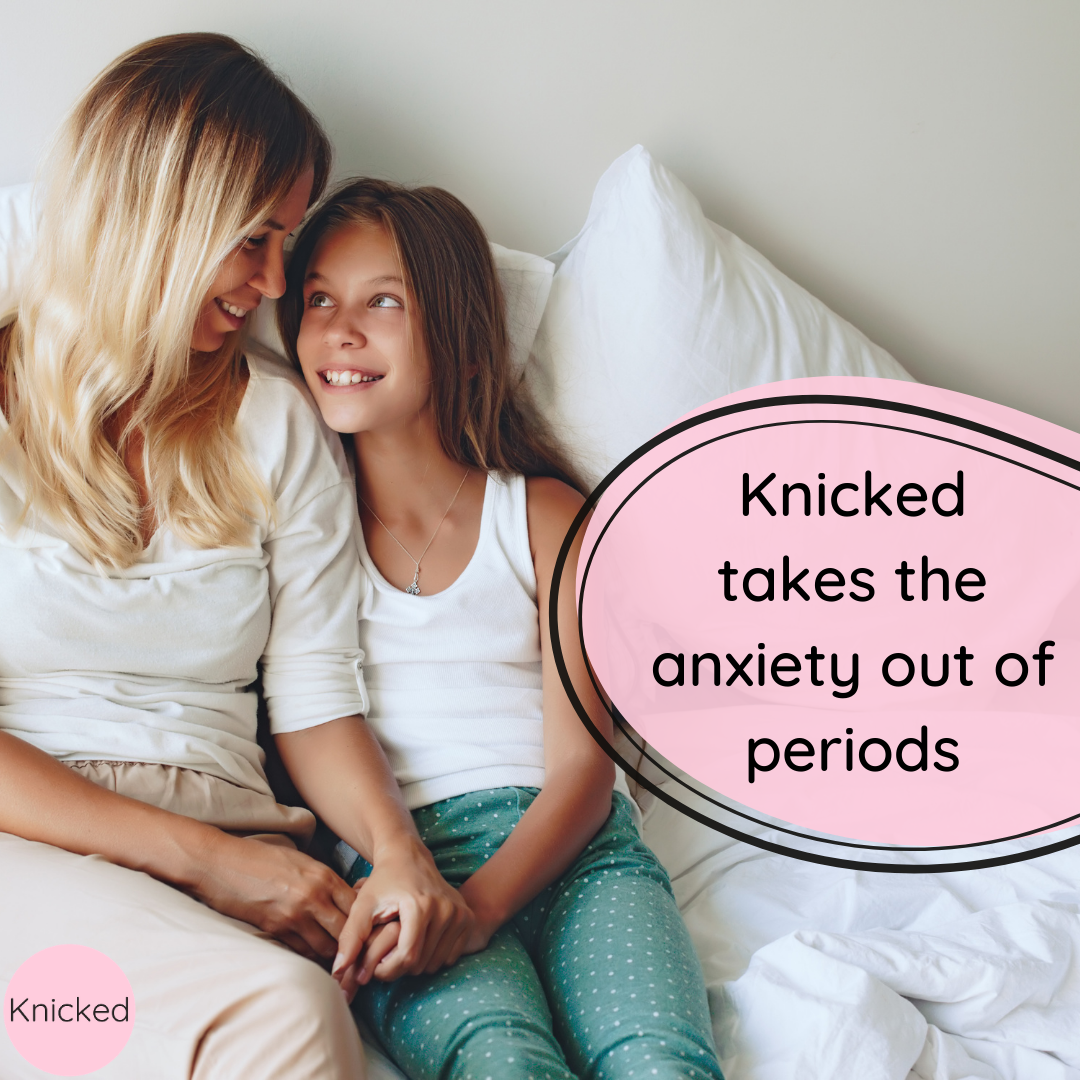
Loads of us, no matter what age we are, believe that our period "sync up" when we live with other females ... from our female flat mates in our 20s to our daughters when they've reach puberty ... but is it really true or just a coincidence?
Period syncing is one of those period myths, and it's been around for centuries! It's believed that women who live under the same roof or spend a lot of time together begin menstruating on the same day month after month.
The theory behind this period myth states that women's pheromones interact when they are in close proximity with one another which causes them to have have their period at the same time. Scientists have proven time and again that it's not true, but many women believe it is!
Other terms for period syncing:
Other terms for period syncing are "menstrual synchrony" and "the McClintock effect." It was coined after a researcher named Martha McClintock who conducted a study of 135 Wellesley college women living together in a dorm to see if their menstrual cycles were the same. Although McClintock was able to conclude that women's periods DID sync up, the new generation of researchers don't support McClintock's original conclusion saying that there were methodological and statistical errors in the analysis.
So, what's really happening then?
Here's a list of some things that can change the timing of your period:
- Extreme stress
Stress can definitely impact the timing of your period. Hypothalamus is a part of your brain that controls your period and it's very sensitive to external factors like lack of sleep, irregular exercise, extreme stress or family problems. When you're overwhelmed and thinking about a lot of things on a consistent basis, your body produces cortisol - a hormone that causes havoc on the hypothalamus that could result in early menstrual period or delayed period.
- Pills
According to the Cleveland Clinic, pills alter the levels of progesterone and estrogen in your body to control when and if you have a period. It influences what your body does.
- Health problems
Having health issues and/or taking medications could also result in irregular menstrual cycle.
As mums, it's important that we teach our teens and tweens how to track their cycles, so they're prepared physically and mentally, and so they can give themselves the best chance of a fuss-free and pain-free period, by eating healthier foods on the days leading up to their periods.
TOP TIPS:
Oh, and remember to chat about period myths with them ... having the correct information will give them confidence to talk about this sometimes "taboo" subject with their friends! We're out to eliminate the worry around this important topic so there's no more #periodshaming!








